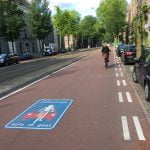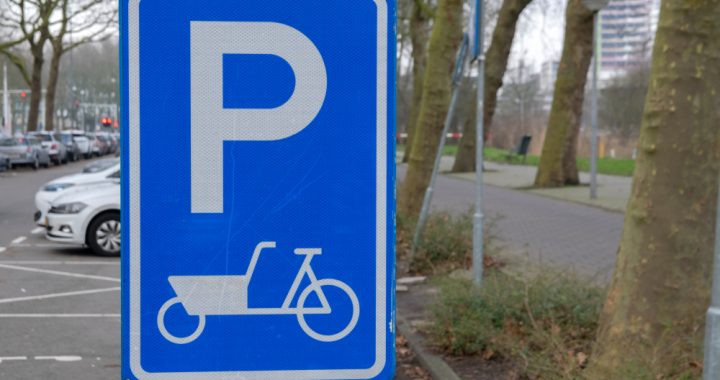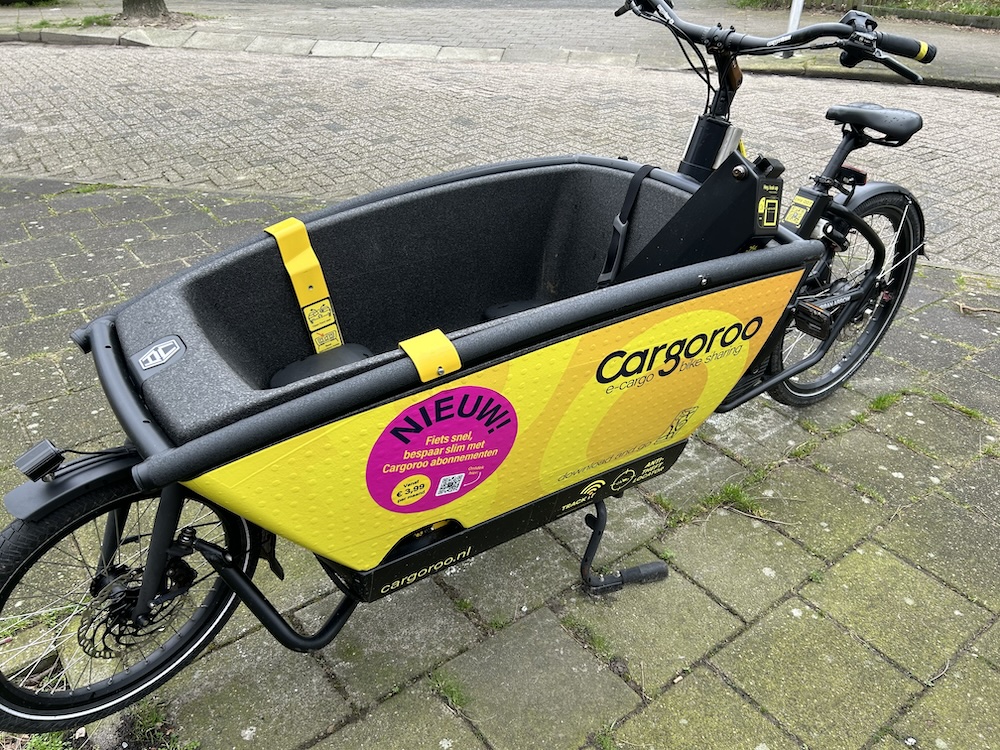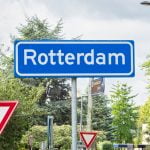Streets full of protest: the cabinet is investigating the limits of the right to demonstrate
Vrijheid of veiligheid, er zijn nieuwe dilemma’s rondom het demonstreren in Nederland wat mobiliteit betreft.
At a time when the boundaries of the right to demonstrate are increasingly being tested and sometimes even exceeded, the government announces an independent investigation into the adequacy of this right in the light of recent developments. This decision, announced by Ministers De Jonge of the Interior and Kingdom Relations and Yeşilgöz of Justice and Security, follows a series of protest actions that put pressure not only on traffic, but also other fundamental rights and national security.
The right to protest is universally recognized as a fundamental pillar of a democratic society, but recent incidents have led to a reconsideration of how this freedom can be upheld without compromising other important rights. As Minister De Jonge emphasizes: “The right to demonstrate is crucial, but it does not provide a license to break rules and harm other interests.” He adds that current policy leaves little room for a weighing of interests between the right to demonstrate and other fundamental rights, which could undermine support for this right.

From a safety perspective, highway occupations pose serious risks, not only to the protesters themselves but also to unsuspecting motorists. Sudden stops on highways can lead to accidents and, in some cases, serious injuries. In addition, such actions can block access to essential services such as hospitals and emergency services, posing a direct threat to public health.
Minister Yeşilgöz also points out the need for this investigation, given the increase in protests that exceed legal limits and require excessive police deployment. Such actions divert resources from other necessary policing tasks and create significant disruptions in society. Examples of this include blocking highways, occupying airports and dangerous situations caused by arson along roads. This creates risky situations for motorists and hinders access to crucial services such as hospitals.
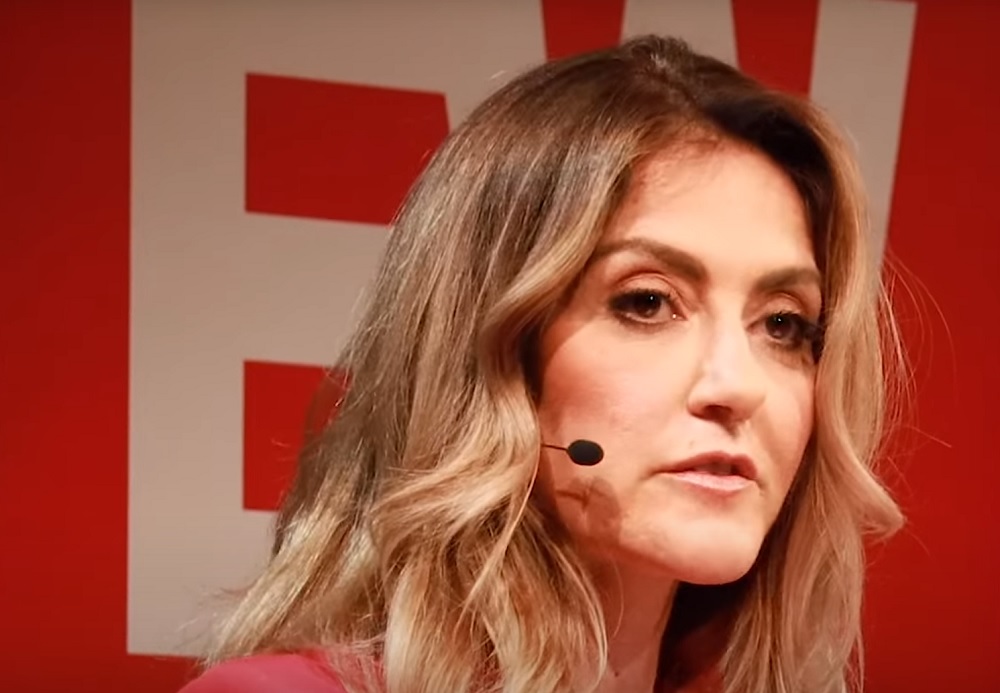
“Vrijheid van meningsuiting en het recht op demonstreren zijn belangrijke grondrechten. Daar staat het kabinet pal voor. We zien dat het overgrote deel van de demonstraties goed verloopt, dankzij de inzet van het lokale gezag en de demonstranten zelf. In de afgelopen periode zien we echter in toenemende mate protesten waarbij de grenzen van de wet worden opgezocht en worden overschreden. Dat is niet alleen schadelijk, het vraagt ook een grote inzet van politieagenten die niet in de wijken hun belangrijke werk kunnen doen.”
Minister Yeşilgöz of Justice and Security
The research, to be conducted by the Scientific Research and Data Center (WODC), will focus on demonstrations where laws are deliberately violated and situations where other fundamental rights or national security are potentially threatened. In addition, comparative analyzes with other countries will be carried out to assess how they handle such demonstrations, what powers local and national authorities have to maintain order, and what safeguards are in place to protect the right to demonstrate.
The focus will also be on demonstrations that take place in sensitive locations, such as politicians' homes or at abortion clinics, where the right to privacy may come into direct conflict with the right to demonstrate. In addition, it is examined how other countries deal with threats to national security that may arise from demonstrations.
In these times of social and political tensions, it is clear that the balance between freedom of expression and other fundamental rights is a delicate matter that requires constant attention. The announced research is a step towards ensuring that the Netherlands maintains this balance, while at the same time remaining true to the basic principles of democracy.




